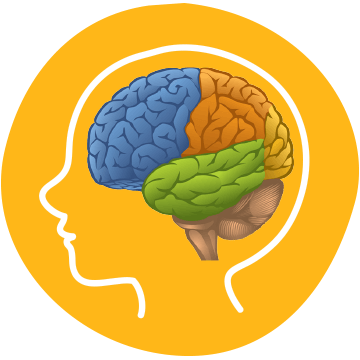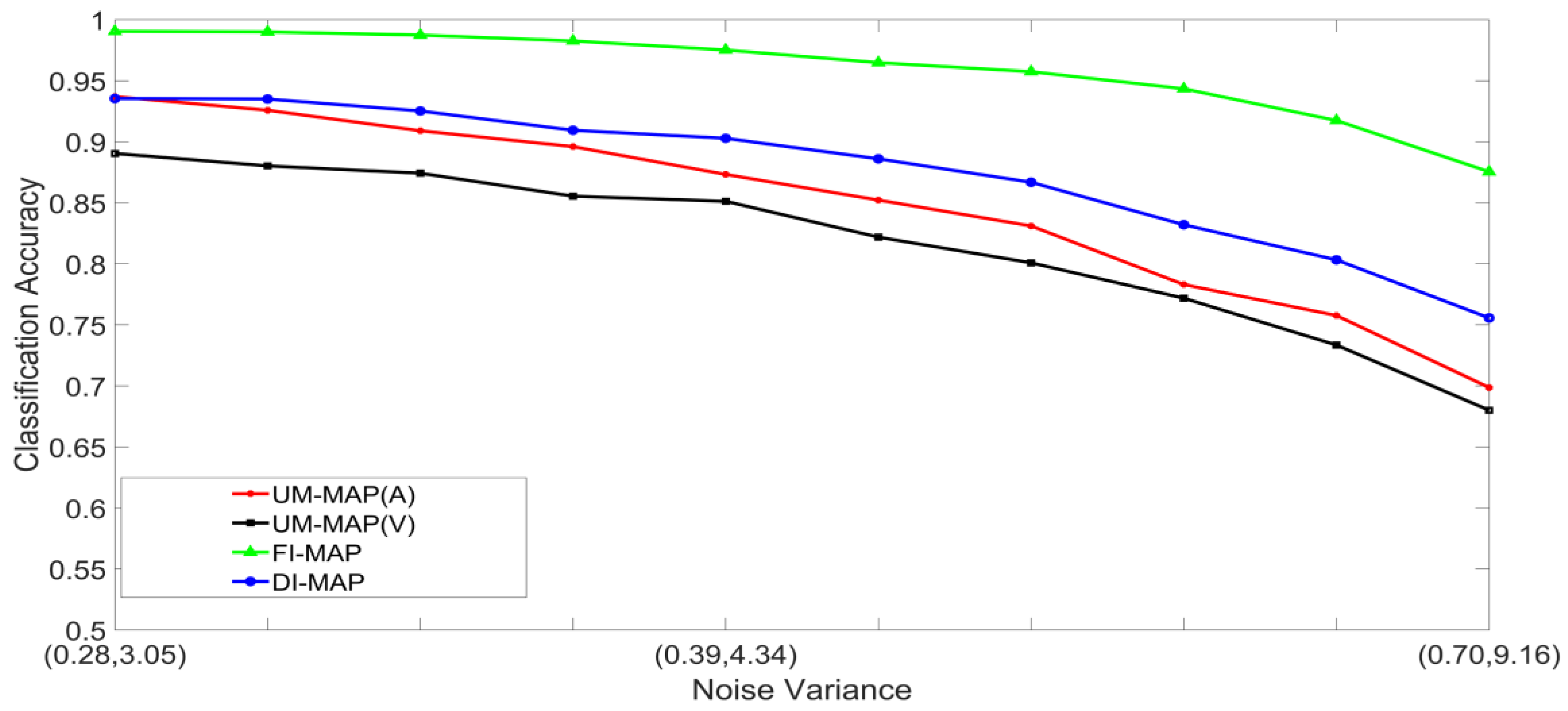The Brain 9
Dementia is a term used to describe severe changes in the brain that cause memory loss. These changes also make it difficult for people to perform basic daily activities. In most people, dementia causes changes in behavior and personality. Dementia affects three areas of the brain: • language • memory • decision-making Most cases of dementia are caused by a disease and can’t be reversed. Alcohol and drug abuse can sometimes cause dementia.
The B.R.A.I.N soon snapped under pressure, and began to reprogram the other. When the beast took 2 who was carrying the talisman, 9 and 5 went after them. The brain continues to form new connections between neurons throughout our lives. Old beliefs suggested that the brain was fairly set in stone early in life, but neuroscientists now know that the brain never stops changing.
In those cases, it can be possible to reverse the damage in the brain. But according to the Cleveland Clinic, reversal happens in fewer than 20 percent of people with dementia. Is the most common type of dementia. Between 60 and 80 percent of cases of dementia are caused by this disease, according to the. Early signs of Alzheimer’s disease include depression, forgetting names and recent events, and depressed mood.
The Brain 9 Review

The Brain 9 Licence

However, is not part of Alzheimer’s disease. It’s a separate disorder that must be treated specifically. Occasionally, depressed older adults are misdiagnosed as having Alzheimer’s disease. Alzheimer’s disease is characterized by brain cell death. As the disease progresses, people experience confusion and mood changes. They also have trouble speaking and walking. Older adults are more likely to develop Alzheimer’s.
About of cases of Alzheimer’s are early onset Alzheimer’s, occurring in people in their 40s or 50s. The second most common type of dementia is. It’s caused by a lack of blood flow to the brain. Vascular dementia can happen as you age and can be related to atherosclerotic disease. Symptoms of vascular dementia can appear slowly or suddenly, depending on what’s causing it. Confusion and disorientation are common early signs.
Later on, people also have trouble completing tasks or concentrating for long periods of time. Vascular dementia can cause vision problems and sometimes hallucinations as well. Dementia with Lewy bodies, also known as Lewy body dementia, is caused by protein deposits in nerve cells.
This interrupts chemical messages in the brain and causes memory loss and disorientation. People with this type of dementia also experience visual hallucinations and have trouble falling asleep at night or fall asleep unexpectedly during the day. They also might faint or become lost or disoriented. Dementia with Lewy bodies shares many symptoms with Parkinson and Alzheimer diseases. For example, many people develop trembling in their hands, have trouble walking, and feel weak. Many people with advanced will develop dementia. Early signs of this type of dementia are problems with reasoning and judgment.